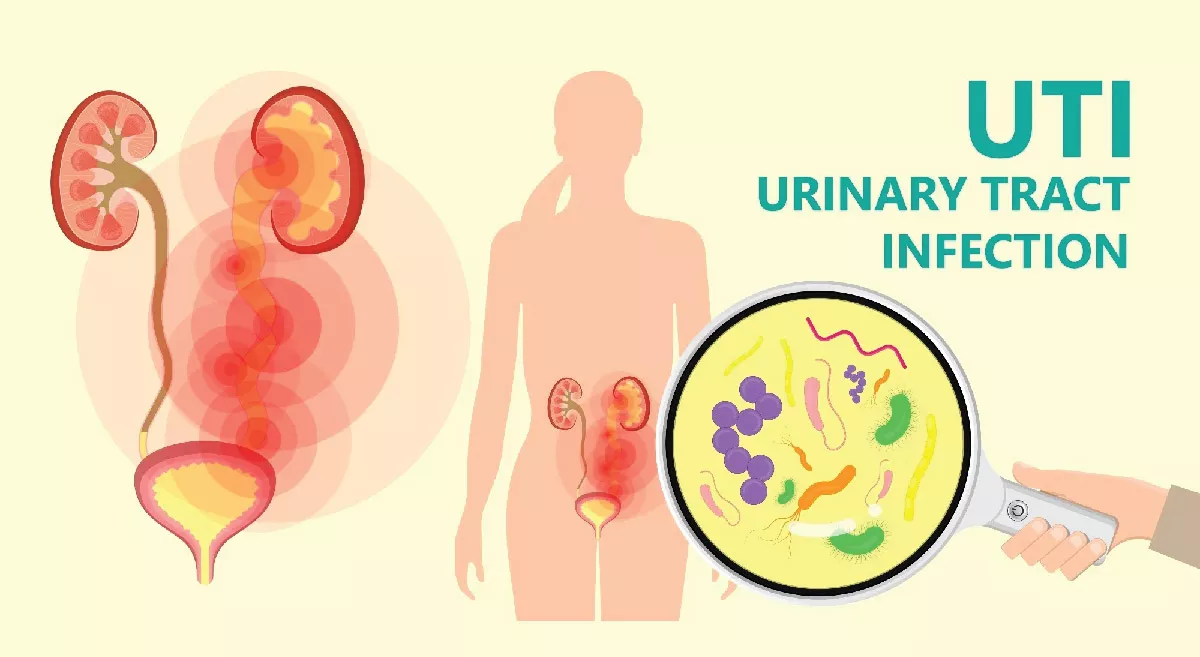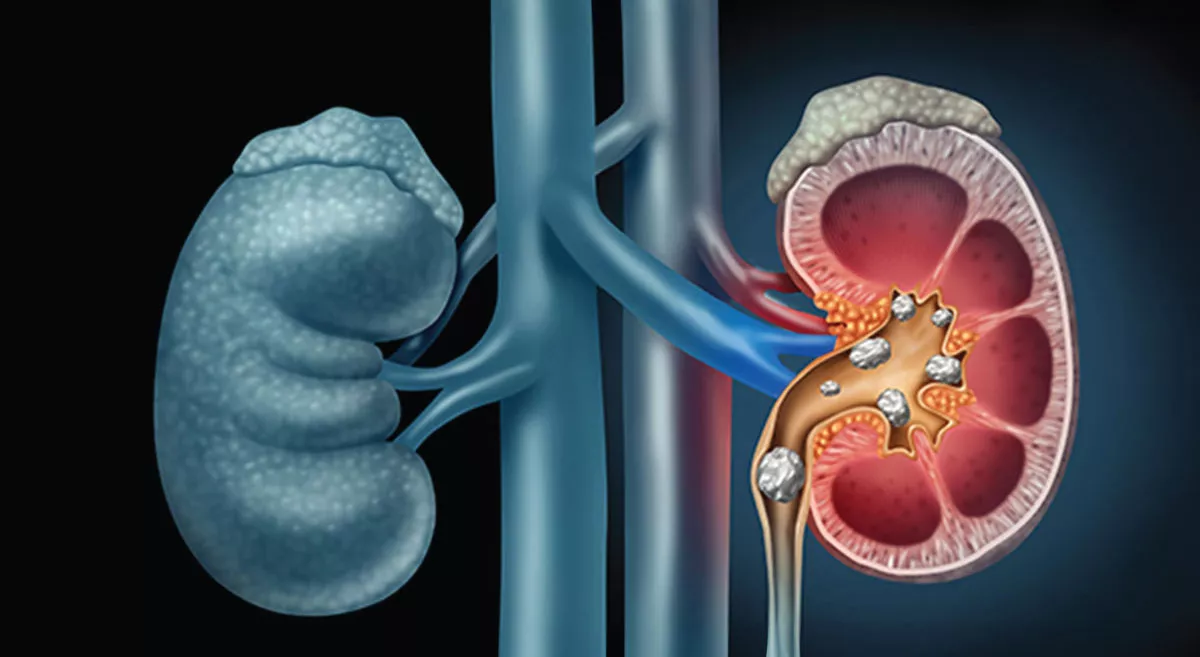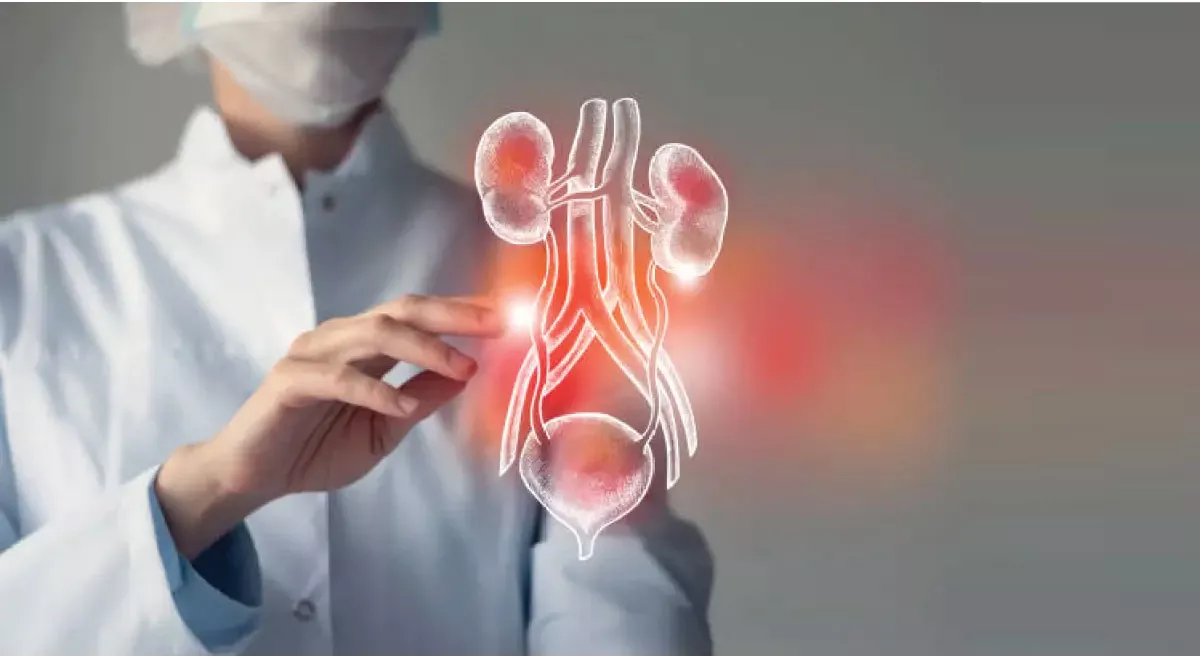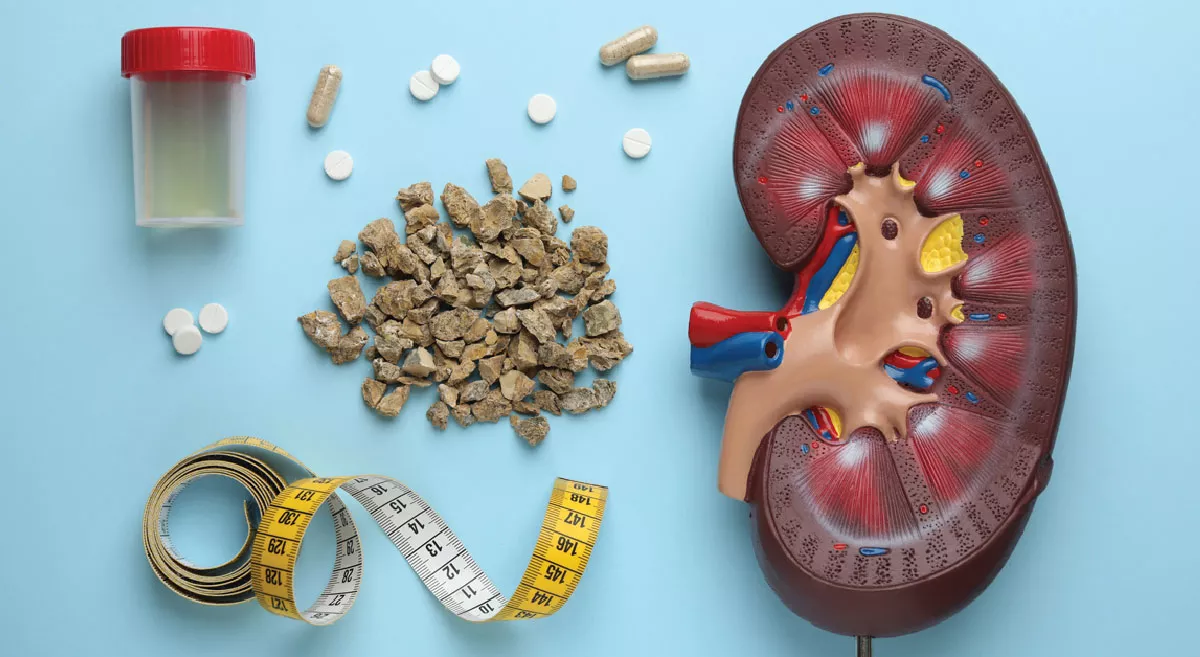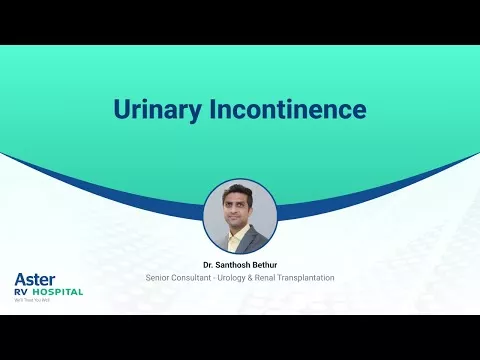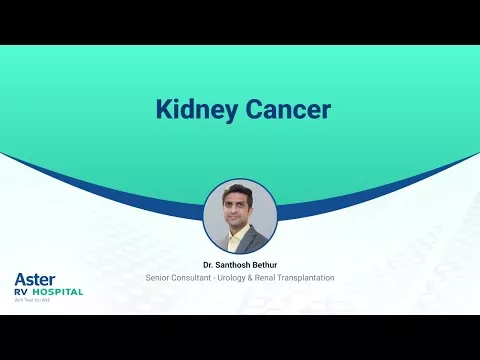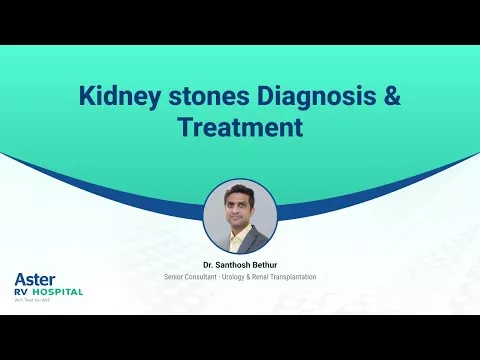Prostate Enlargement is a common issue in men also known as benign prostatic enlargement affects nearly all men to some extent Prostate enlargement primarily affects men over 60 years of age. Prostate gland is walnut-sized and located in front of the urinary bladder. It secretes substances that contribute to semen composition and has a role in bodily functions. Prostate enlargement is not dependent on the size of the prostate. The reason for prostate enlargement is hormonal imbalance. Symptoms of prostate enlargement do not necessarily correlate with the size of the prostate.
Symptoms
- Frequent urge to pass urine and waking up many times in the night
- Burning sensation while passing urine, blood in the urine, or urgent need to pass urine
Prostate enlargement diagnosis
- Serum PSA test is done to rule out prostate cancer
- Uroflowmetry assesses urine flow rates for more patient insights
Prostate enlargement treatment varies from tablets to surgeries based on severity tablets may be prescribed for milder cases, while surgical options like prostate removal may be considered for severe cases. Advanced technological procedures such as laser usage are improving treatment outcomes and options.
Prostate enlargement treatment
Hospital stay duration is short and recovery is fast, suitable for patients with cardiac diseases or diabetes. Surgery can be considered as an alternative to medications or when medications are ineffective, with specific cases requiring surgery as the only option. Minimally invasive procedure for prostate enlargement allows quick recovery patients need only one or two days hospital stay. no bed rest or long absence from work is necessary.




